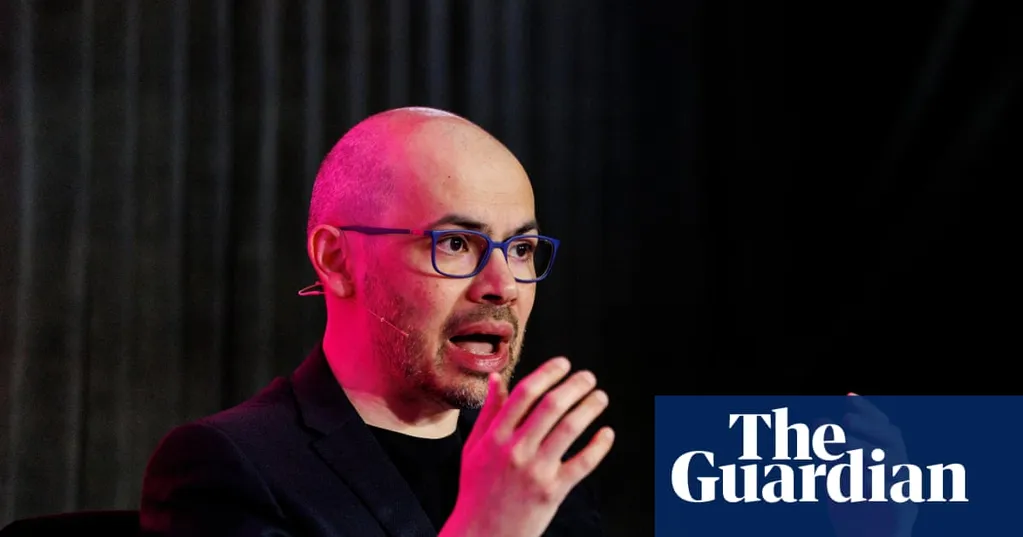Demis Hassabis, the head of Google DeepMind, has revealed he and his team are working on "next-generation email" that will deal with the daily grind of sorting through emails, replying to the most mundane ones and avoiding the need to apologise profusely for missing an important message.
Hassabis was speaking at the SXSW London festival about the extraordinary growth and potential of AI. He said its impact was "overhyped in the short term", but would lead to profound longer-term changes to society.
However, he said before the technology was ready to cure all known diseases or solve the climate crisis, he was putting it to work on the world's email backlogs. "The thing I really want - and we're working on - is can we have a next-generation email," he said. "I would love to get rid of my email. I would pay thousands of dollars per month to get rid of that."
Asked exactly what he had in mind, he said he planned "something that would just understand what are the bread-and-butter emails, and answer in your style - and maybe make some of the easier decisions".
Hassabis said that he could also see AI being used to protect people from other algorithms designed by big tech to drain their attention away from more important tasks. "I'm very excited about the idea of a universal AI assistant that knows you really well, enriches your life by maybe giving you amazing recommendations, and helps to take care of mundane chores for you," he said.
"[It] basically gives you more time and maybe protects your attention from other algorithms trying to gain your attention. I think we can actually use AI in service of the individual."
Hassabis said he had initially anticipated that the battle to develop artificial general intelligence (AGI) - a more human-like cognition that is able to work on a wide range of tasks - would be driven by scientific academia. However, he said its applications had been so immediate that big companies had become involved much earlier than he thought.
With continuing concerns about the dangers posed by AGI, he called on the US and China to cooperate over its development, which has been turning into a race between companies and countries.
"I hope at least on the scientific level and a safety level we can find some common ground, because in the end it's for the good of all humanity," he said. "It's going to affect the whole of humanity."
He said an AGI was about five to ten years away. "That is very short if you think about how momentous a moment that will be," he said. "I think it'll be nothing short of a new Industrial Revolution, effectively. For something this fundamental, I think it's important to try to have as much foresight ahead of time as you can."
There remain serious concerns about the impact of AI on jobs. However, Hassabis said there were versions of an "AI utopia" in which "radical abundance" was created as the technology solved issues around energy production and consumption. He called on academics to think about the consequences.
"Even in the good case where we get radical abundance and economic prosperity, can we make sure that's fairly shared and fairly distributed," he said. "These kinds of things need to be thought through. I hope economists are thinking about that and I encourage them to be thinking about that - and social scientists."
